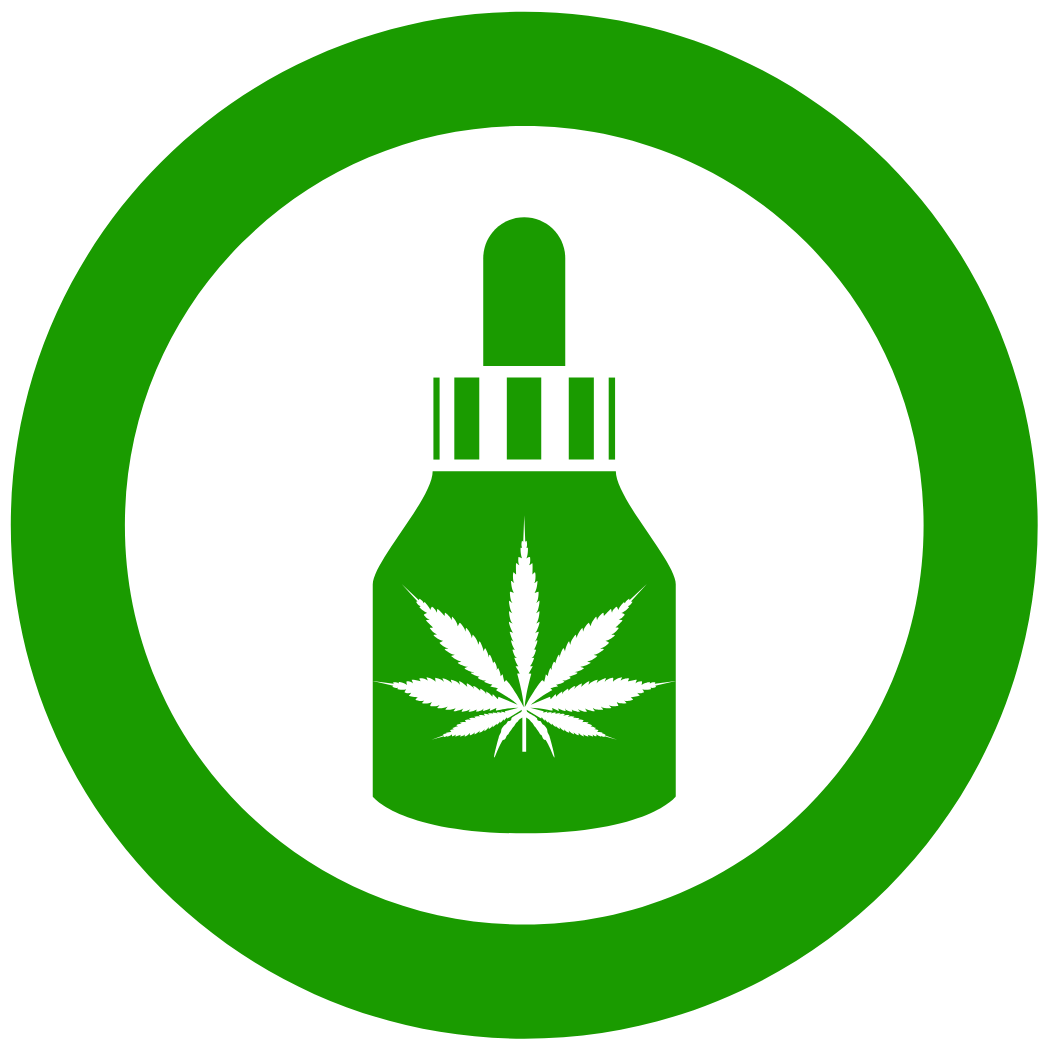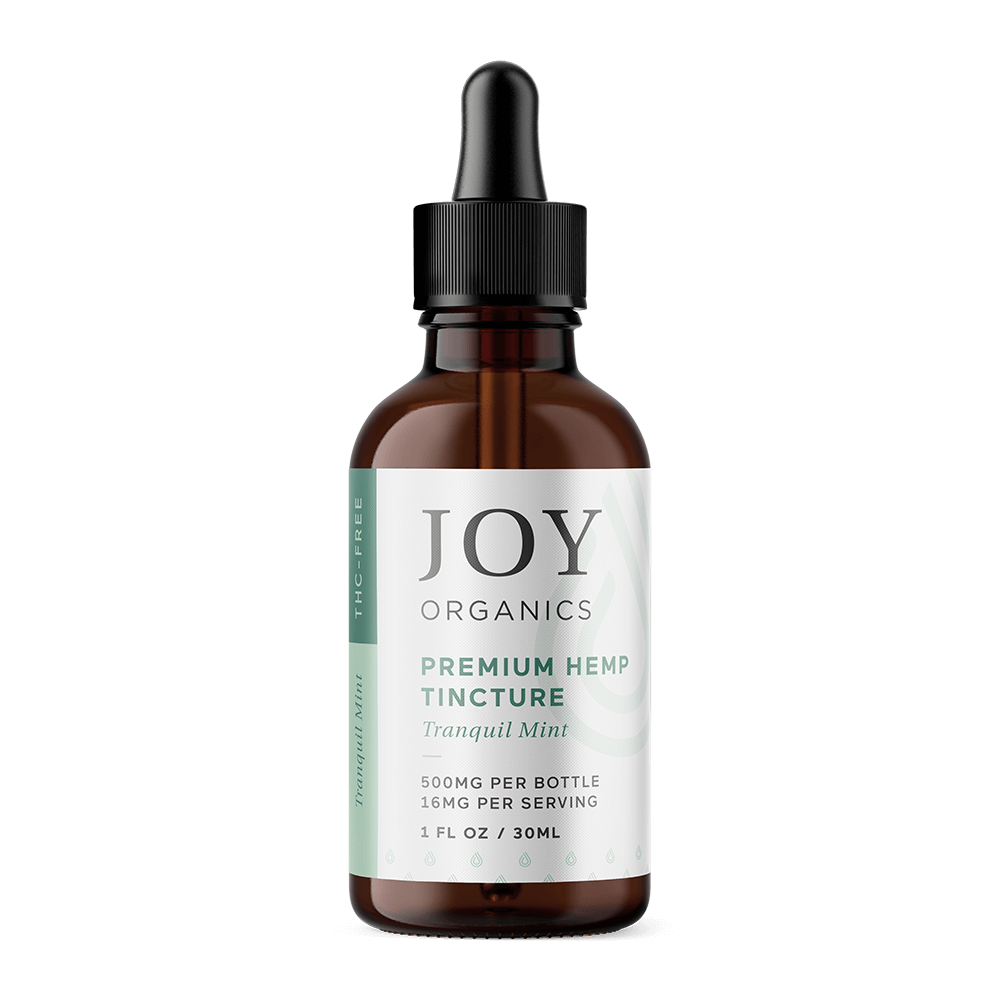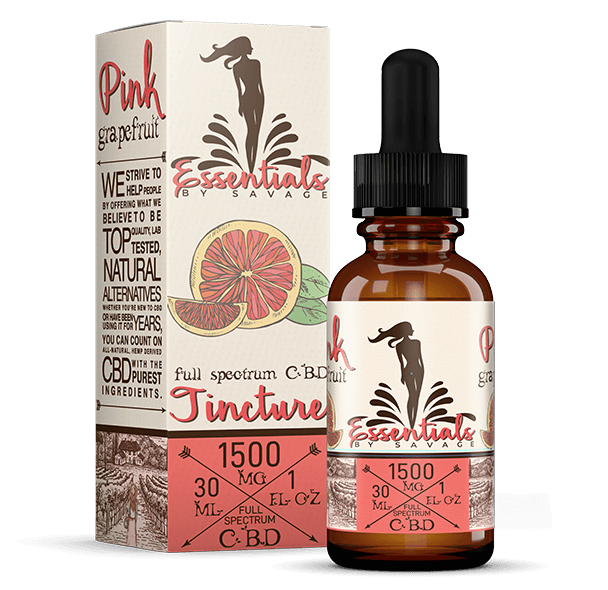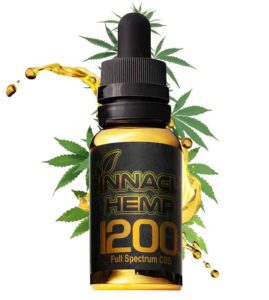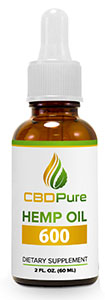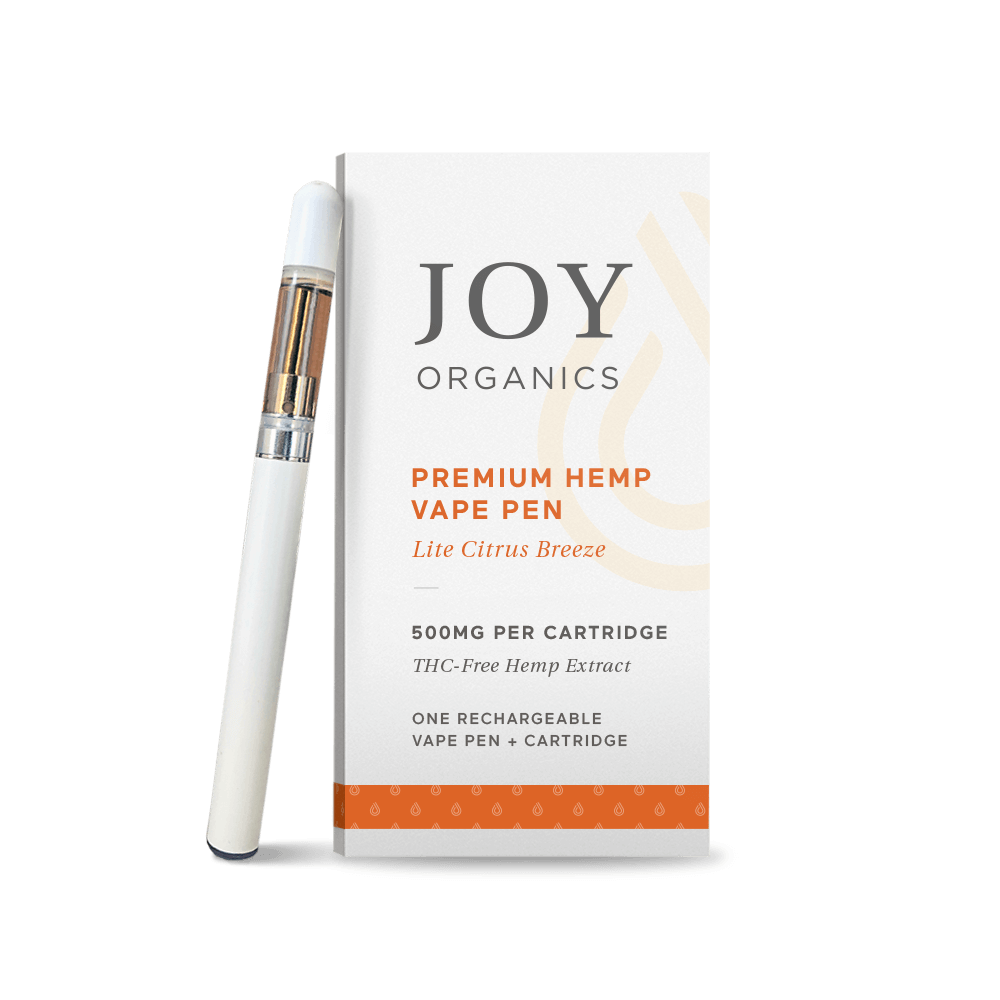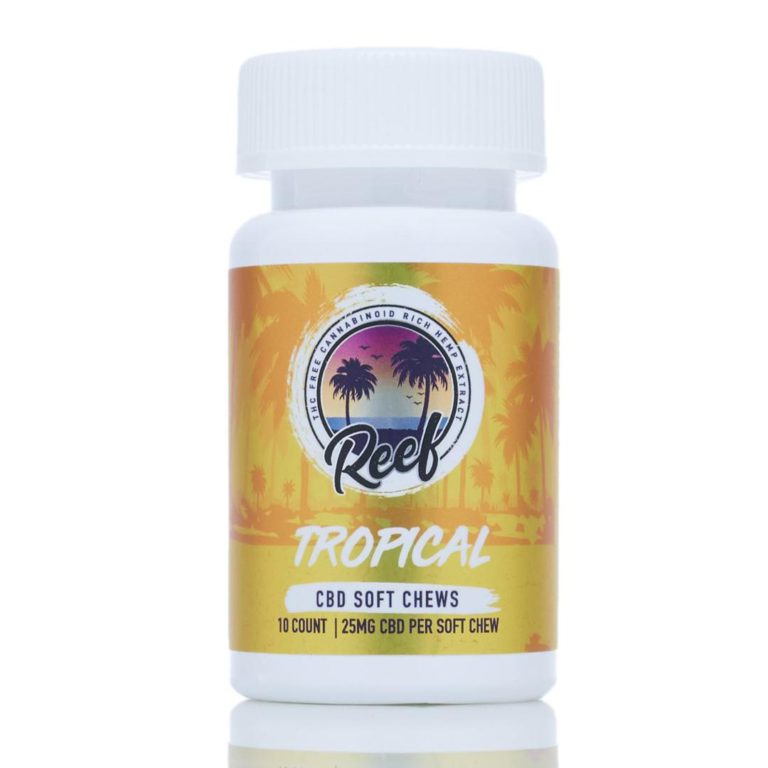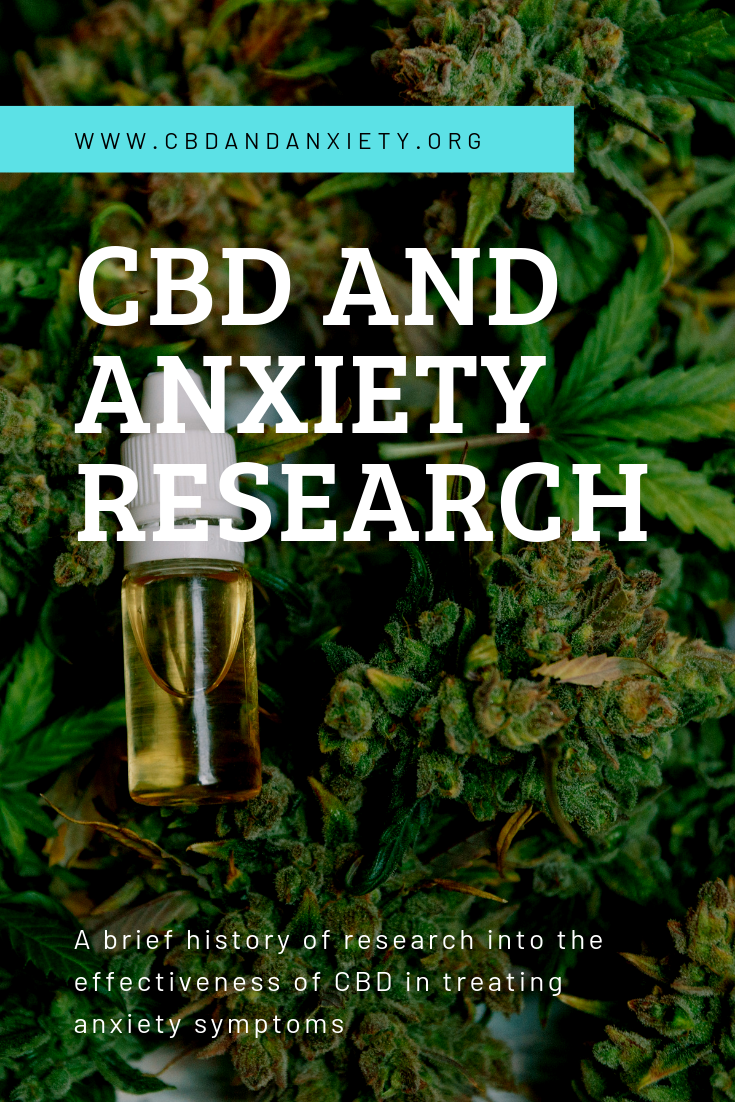
Why Choose CBD Oil?
The popularity of CBD has recently exploded, with many (quite rightly) wondering what all the fuss is about. Many anxiety sufferers have grown weary of using pharmaceutical interventions to ease their suffering for many reasons; their adverse side effects, their sometimes habit-forming ingredients. Plus the general awareness that they’re becoming chronically reliant on unnatural, manufactured treatments. The requirement for a better alternative has been evident for years. Thankfully, with recently relaxed laws surrounding the cannabis plant, hemp-derived CBD products have been more easily accessible. More and more interest is gathering around CBD and its effects in the research world, with many claiming that it holds much promise as a kinder alternative to some prescribed medicines. In fact, for some issues such as drug-resistant epilepsy, CBD has been touted as the unlikely saviour patients really needed with its amazing ability to calm and prevent seizures. The evidence is mounting that for many issues – but especially anxiety, as discussed below – CBD is an amazing, as yet under-utilized solution. If your quality of life is adversely effected by anxiety in any of its forms, read on and see how CBD oil could be exactly what you’ve been looking for.
How Does CBD Work For Treating Anxiety?
CBD (short for cannabidiol) appears to work for this purpose primarily as a 5-HT1A agonist. 5-HT1A is a subtype of the serotonin receptor. Many anxiety medications work by targeting the serotonin system. CBD behaves in the same way as SSRIs (selective serotonin reuptake inhibitors) by blocking the brain’s reabsorption of serotonin. This increases the availability of serotonin in the synaptic space, enabling your brain to utilize it (calming and lifting your mood in the process!). Regular SSRIs have numerous undesirable side effects, with many users actually reporting an increase in nervousness and agitation while using them. A 2012 study also found that SSRIs increased suicidal ideation in children and young adults.
It may surprise you to know that your body actually produces its own cannabinoids, as part of the endocannabinoid system. This is responsible for many functions such as regulating mood, sleep and relaxation. Endocannabinoid receptors are distributed all throughout the body, not just in the brain. By binding with the CB1 and CB2 receptors of this system, CBD makes it more effective; “lubricates” it, if you will. Assuming your dosage is correct, CBD is a natural assistant to a system in your body that may just need a little help to run smoothly.
That being said, the endocannabinoid system was actually only discovered in the 1990s and much is still unknown about it. Further research – and lots of it – is still required. Much research that has already been conducted into CBD’s effects is either pre-clinical or using animal subjects. Regardless, many authors of these studies express their belief in the promise of CBD and the need for human clinical trials. Anecdotal evidence in favour of CBD oil abounds, but read on to the next section to see a brief review of the history of research into CBD as a treatment for anxiety. Studies are listed in descending order.
Current Research:
- (2019) In this study, the effectiveness of CBD in treating anxiety and sleep problems was investigated. Though this study was not controlled (there was no placebo used), 79.2% of participants reported reduced anxiety within the first month of treatment. In addition, two thirds of participants reported improved sleep after treatment.
Cannabidiol (CBD) is one of many cannabinoid compounds found in cannabis. It does not appear to alter consciousness or trigger a “high.” A recent surge in scientific publications has found preclinical and clinical evidence documenting value for CBD in some neuropsychiatric disorders, including epilepsy, anxiety, and schizophrenia. Evidence points toward a calming effect for CBD in the central nervous system. Interest in CBD as a treatment of a wide range of disorders has exploded, yet few clinical studies of CBD exist in the psychiatric literature.
Objective: To determine whether CBD helps improve sleep and/or anxiety in a clinical population.
Design: A large retrospective case series at a psychiatric clinic involving clinical application of CBD for anxiety and sleep complaints as an adjunct to usual treatment. The retrospective chart review included monthly documentation of anxiety and sleep quality in 103 adult patients.
Main Outcome Measures: Sleep and anxiety scores, using validated instruments, at baseline and after CBD treatment.
Results: The final sample consisted of 72 adults presenting with primary concerns of anxiety (n = 47) or poor sleep (n = 25). Anxiety scores decreased within the first month in 57 patients (79.2%) and remained decreased during the study duration. Sleep scores improved within the first month in 48 patients (66.7%) but fluctuated over time. In this chart review, CBD was well tolerated in all but 3 patients.
Conclusion: Cannabidiol may hold benefit for anxiety-related disorders. Controlled clinical studies are needed.
- (2018) In a review of human and animal studies, Frontiers in Neuroscience studied the effect of CBD on sufferers of PTSD. Upon administering CBD immediately after a traumatic event, it appears to help prevent the brain from creating long-term fear associations with the memory of the event.
Post-traumatic stress disorder (PTSD) is characterized by poor adaptation to a traumatic experience. This disorder affects approximately 10% of people at some point in life. Current pharmacological therapies for PTSD have been shown to be inefficient and produce considerable side effects. Since the discovery of the involvement of the endocannabinoid (eCB) system in emotional memory processing, pharmacological manipulation of eCB signaling has become a therapeutic possibility for the treatment of PTSD. Cannabidiol (CBD), a phytocannabinoid constituent of Cannabis sativa without the psychoactive effects of Δ9-tetrahydrocannabinol, has gained particular attention. Preclinical studies in different rodent behavioral models have shown that CBD can both facilitate the extinction of aversive memories and block their reconsolidation, possibly through potentialization of the eCB system. These results, combined with the currently available pharmacological treatments for PTSD being limited, necessitated testing CBD use with the same therapeutic purpose in humans as well. Indeed, as observed in rodents, recent studies have confirmed the ability of CBD to alter important aspects of aversive memories in humans and promote significant improvements in the symptomatology of PTSD. The goal of this review was to highlight the potential of CBD as a treatment for disorders related to inappropriate retention of aversive memories, by assessing evidence from preclinical to human experimental studies.
- (2017) In another review, Current Neuropharmacology concluded that CBD appears to consistently produce anti-anxiety effects, without any of the anxiety-inducing effects that are associated with THC. This review looked specifically at studies of sufferers of anxiety and panic disorders. The authors of the review also encourage the commencement of human clinical trials.
Panic disorder (PD) is a disabling psychiatry condition that affects approximately 5% of the worldwide population. Currently, long-term selective serotonin reuptake inhibitors (SSRIs) are the first-line treatment for PD; however, the common side-effect profiles and drug interactions may provoke patients to abandon the treatment, leading to PD symptoms relapse. Cannabidiol (CBD) is the major non-psychotomimetic constituent of the Cannabis sativa plant with anti-anxiety properties that has been suggested as an alternative for treating anxiety disorders. The aim of the present review was to discuss the effects and mechanisms involved in the putative anti-panic effects of CBD.
Methods: electronic database was used as source of the studies selected selected based on the studies found by crossing the following keywords: cannabidiol and panic disorder; canabidiol and anxiety, cannabidiol and 5-HT1A receptor).
Results: In the present review, we included both experimental laboratory animal and human studies that have investigated the putative anti-panic properties of CBD. Taken together, the studies assessed clearly suggest an anxiolytic-like effect of CBD in both animal models and healthy volunteers.
Conclusion: CBD seems to be a promising drug for the treatment of PD. However, novel clinical trials involving patients with the PD diagnosis are clearly needed to clarify the specific mechanism of action of CBD and the safe and ideal therapeutic doses of this compound.
- (2017) Human and animal studies show a clear suggestion of anxiety-reducing effects, particularly in humans with social phobia. This review confirms the apparent effectiveness of CBD and identifies the remaining research areas that are yet to be explored.
The objectives of the present chapter are to review and describe the studies made on cannabidiol (CBD), a nonpsychotomimetic constituent of the Cannabis sativa plant, as an anxiolytic compound, and to discuss its possible mechanisms of action. The papers selected for the chapter were identified through systematic searches in the main electronic databases, and the reference lists of the included articles, review publications, and book chapters were hand-searched for additional references. We included both experimental laboratory animal and human studies. Taken together, the studies assessed in the present chapter clearly suggest an anxiolytic-like effect of CBD, both in animal models and in healthy volunteers. In addition, this cannabinoid was shown to decrease anxiety in patients with social phobia. Novel clinical trials involving patients with other anxiety disorders, such as panic, obsessive-compulsive, social anxiety, and posttraumatic stress disorders are now necessary and opportune. However, the optimal therapeutic window of CBD and the mechanisms involved in its anxiolytic action remain to be determined.
- (2017) A review from the British Pharmacological Society concurs with previous literature reviews regarding CBD’s effectiveness in reducing anxiety.
Learning to associate cues or contexts with potential threats or rewards is adaptive and enhances survival. Both aversive and appetitive memories are therefore powerful drivers of behaviour, but the inappropriate expression of conditioned responding to fear‐ and drug‐related stimuli can develop into anxiety‐related and substance abuse disorders respectively. These disorders are associated with abnormally persistent emotional memories and inadequate treatment, often leading to symptom relapse. Studies show that cannabidiol, the main non‐psychotomimetic phytocannabinoid found in Cannabis sativa, reduces anxiety via 5‐HT1A and (indirect) cannabinoid receptor activation in paradigms assessing innate responses to threat. There is also accumulating evidence from animal studies investigating the effects of cannabidiol on fear memory processing indicating that it reduces learned fear in paradigms that are translationally relevant to phobias and post‐traumatic stress disorder. Cannabidiol does so by reducing fear expression acutely and by disrupting fear memory reconsolidation and enhancing fear extinction, both of which can result in a lasting reduction of learned fear. Recent studies have also begun to elucidate the effects of cannabidiol on drug memory expression using paradigms with translational relevance to addiction. The findings suggest that cannabidiol reduces the expression of drug memories acutely and by disrupting their reconsolidation. Here, we review the literature demonstrating the anxiolytic effects of cannabidiol before focusing on studies investigating its effects on various fear and drug memory processes. Understanding how cannabidiol regulates emotion and emotional memory processing may eventually lead to its use as a treatment for anxiety‐related and substance abuse disorders.
- (2016) A review of the current literature on CBD concludes that it appears affective in reducing learned fear, memory reconsolidation (of traumatic events) and fear expression. It also appears to enhance “extinction”, which is the mechanism at work during exposure therapy which inhibits learned fear.
Anxiety and trauma-related disorders are psychiatric diseases with a lifetime prevalence of up to 25%. Phobias and post-traumatic stress disorder (PTSD) are characterized by abnormal and persistent memories of fear-related contexts and cues. The effects of psychological treatments such as exposure therapy are often only temporary and medications can be ineffective and have adverse side effects. Growing evidence from human and animal studies indicates that cannabidiol, the main non-psychotomimetic phytocannabinoid present in Cannabis sativa, alleviates anxiety in paradigms assessing innate fear. More recently, the effects of cannabidiol on learned fear have been investigated in preclinical studies with translational relevance for phobias and PTSD. Here we review the findings from these studies, with an emphasis on cannabidiol regulation of contextual fear. The evidence indicates that cannabidiol reduces learned fear in different ways: (1) cannabidiol decreases fear expression acutely, (2) cannabidiol disrupts memory reconsolidation, leading to sustained fear attenuation upon memory retrieval, and (3) cannabidiol enhances extinction, the psychological process by which exposure therapy inhibits learned fear. We also present novel data on cannabidiol regulation of learned fear related to explicit cues, which indicates that auditory fear expression is also reduced acutely by cannabidiol. We conclude by outlining future directions for research to elucidate the neural circuit, psychological, cellular, and molecular mechanisms underlying the regulation of fear memory processing by cannabidiol. This line of investigation may lead to the development of cannabidiol as a novel therapeutic approach for treating anxiety and trauma-related disorders such as phobias and PTSD in the future.
- (2016) This case report features a ten-year-old girl suffering from PTSD after sexual abuse. Pharmaceutical intervention had already been attempted, only providing partial relief. A course of treatment with CBD oil was found to maintain a decrease in anxiety in the patient and improvement in her sleep. The study concludes that CBD oil is a safe and effective treatment for PTSD and its associated anxiety issues. Though this study only features one participant and as such is not a representative sample size, it is still a compelling case.
Introduction: Anxiety and sleep disorders are often the result of posttraumatic stress disorder and can contribute to an impaired ability to focus and to demonstration of oppositional behaviors.
Case Presentation: These symptoms were present in our patient, a ten-year-old girl who was sexually abused and had minimal parental supervision as a young child under the age of five. Pharmaceutical medications provided partial relief, but results were not long-lasting, and there were major side effects. A trial of cannabidiol oil resulted in a maintained decrease in anxiety and a steady improvement in the quality and quantity of the patient’s sleep.
Discussion: Cannabidiol oil, an increasingly popular treatment of anxiety and sleep issues, has been documented as being an effective alternative to pharmaceutical medications. This case study provides clinical data that support the use of cannabidiol oil as a safe treatment for reducing anxiety and improving sleep in a young girl with posttraumatic stress disorder.
- (2015) Neurotherapeutics published a review of current literature to date, finding existing preclinical evidence for CBD’s effectiveness as a treatment for anxiety disorders to be strong.
Cannabidiol (CBD), a Cannabis sativa constituent, is a pharmacologically broad-spectrum drug that in recent years has drawn increasing interest as a treatment for a range of neuropsychiatric disorders. The purpose of the current review is to determine CBD’s potential as a treatment for anxiety-related disorders, by assessing evidence from preclinical, human experimental, clinical, and epidemiological studies. We found that existing preclinical evidence strongly supports CBD as a treatment for generalized anxiety disorder, panic disorder, social anxiety disorder, obsessive–compulsive disorder, and post-traumatic stress disorder when administered acutely; however, few studies have investigated chronic CBD dosing. Likewise, evidence from human studies supports an anxiolytic role of CBD, but is currently limited to acute dosing, also with few studies in clinical populations. Overall, current evidence indicates CBD has considerable potential as a treatment for multiple anxiety disorders, with need for further study of chronic and therapeutic effects in relevant clinical populations.
- (2013) A study of hippocampal progenitor cells in culture (grown under controlled conditions) showed that application of CBD helped these cells multiply. As the hippocampus is largely responsible for memory, this promising development gives us an insight into how CBD can help the brain regenerate its neurones. With this as an assistance to our brains natural neuroplasticity, CBD could help us rewire our brains.
Cannabidiol (CBD), the main non-psychotomimetic component of the plant Cannabis sativa, exerts therapeutically promising effects on human mental health such as inhibition of psychosis, anxiety and depression. However, the mechanistic bases of CBD action are unclear. Here we investigate the potential involvement of hippocampal neurogenesis in the anxiolytic effect of CBD in mice subjected to 14 d chronic unpredictable stress (CUS). Repeated administration of CBD (30 mg/kg i.p., 2 h after each daily stressor) increased hippocampal progenitor proliferation and neurogenesis in wild-type mice. Ganciclovir administration to GFAP-thymidine kinase (GFAP-TK) transgenic mice, which express thymidine kinase in adult neural progenitor cells, abrogated CBD-induced hippocampal neurogenesis. CBD administration prevented the anxiogenic effect of CUS in wild type but not in GFAP-TK mice as evidenced in the novelty suppressed feeding test and the elevated plus maze. This anxiolytic effect of CBD involved the participation of the CB1 cannabinoid receptor, as CBD administration increased hippocampal anandamide levels and administration of the CB1–selective antagonist AM251 prevented CBD actions. Studies conducted with hippocampal progenitor cells in culture showed that CBD promotes progenitor proliferation and cell cycle progression and mimics the proliferative effect of CB1 and CB2 cannabinoid receptor activation. Moreover, antagonists of these two receptors or endocannabinoid depletion by fatty acid amide hydrolase overexpression prevented CBD-induced cell proliferation. These findings support that the anxiolytic effect of chronic CBD administration in stressed mice depends on its proneurogenic action in the adult hippocampus by facilitating endocannabinoid-mediated signalling.
- (2011) 24 participants with social anxiety disorder (and who had never previously received treatment) were treated with either CBD or a placebo. They were then asked to take part in a public speaking test which was designed to provoke anxious symptoms. The participants who had been treated with CBD had reduced anxiety and were able to perform the speaking task with less difficulty.
Generalized Social Anxiety Disorder (SAD) is one of the most common anxiety conditions with impairment in social life. Cannabidiol (CBD), one major non-psychotomimetic compound of the cannabis sativa plant, has shown anxiolytic effects both in humans and in animals. This preliminary study aimed to compare the effects of a simulation public speaking test (SPST) on healthy control (HC) patients and treatment-naïve SAD patients who received a single dose of CBD or placebo. A total of 24 never-treated patients with SAD were allocated to receive either CBD (600 mg; n=12) or placebo (placebo; n=12) in a double-blind randomized design 1 h and a half before the test. The same number of HC (n=12) performed the SPST without receiving any medication. Each volunteer participated in only one experimental session in a double-blind procedure. Subjective ratings on the Visual Analogue Mood Scale (VAMS) and Negative Self-Statement scale (SSPS-N) and physiological measures (blood pressure, heart rate, and skin conductance) were measured at six different time points during the SPST. The results were submitted to a repeated-measures analysis of variance. Pretreatment with CBD significantly reduced anxiety, cognitive impairment and discomfort in their speech performance, and significantly decreased alert in their anticipatory speech. The placebo group presented higher anxiety, cognitive impairment, discomfort, and alert levels when compared with the control group as assessed with the VAMS. The SSPS-N scores evidenced significant increases during the testing of placebo group that was almost abolished in the CBD group. No significant differences were observed between CBD and HC in SSPS-N scores or in the cognitive impairment, discomfort, and alert factors of VAMS. The increase in anxiety induced by the SPST on subjects with SAD was reduced with the use of CBD, resulting in a similar response as the HC.
- (2010) The cerebral blood flow of participants with Social Anxiety Disorder (SAD) is the measure of this study. Researchers administered either CBD or a placebo to participants and measured changes to cerebral blood flow. CBD was found to reduce anxiety, with researchers postulating that this is relative to its effects on the limbic and paralimbic brain areas.
Animal and human studies indicate that cannabidiol (CBD), a major constituent of cannabis, has anxiolytic properties. However, no study to date has investigated the effects of this compound on human pathological anxiety and its underlying brain mechanisms. The aim of the present study was to investigate this in patients with generalized social anxiety disorder (SAD) using functional neuroimaging. Regional cerebral blood flow (rCBF) at rest was measured twice using (99m)Tc-ECD SPECT in 10 treatment-naïve patients with SAD. In the first session, subjects were given an oral dose of CBD (400 mg) or placebo, in a double-blind procedure. In the second session, the same procedure was performed using the drug that had not been administered in the previous session. Within-subject between-condition rCBF comparisons were performed using statistical parametric mapping. Relative to placebo, CBD was associated with significantly decreased subjective anxiety (p < 0.001), reduced ECD uptake in the left parahippocampal gyrus, hippocampus, and inferior temporal gyrus (p < 0.001, uncorrected), and increased ECD uptake in the right posterior cingulate gyrus (p < 0.001, uncorrected). These results suggest that CBD reduces anxiety in SAD and that this is related to its effects on activity in limbic and paralimbic brain areas.
- (2004) Neuropsychopharmacology published the results of a double-blind human study which examined the cerebral blood flow of participants treated with either CBD or a placebo. By studying the observed changes in blood flow, CBD appeared to reduce anxiety by stimulating areas in the amygdala-hippocampal complex. For those taking the placebo, no changes were found. This study has also been replicated with consistent results.
“Animal and human studies have suggested that cannabidiol (CBD) may possess anxiolytic properties, but how these effects are mediated centrally is unknown. The aim of the present study was to investigate this using functional neuroimaging. Regional cerebral blood flow (rCBF) was measured at rest using 99mTc-ECD SPECT in 10 healthy male volunteers, randomly divided into two groups of five subjects. Each subject was studied on two occasions, 1 week apart. In the first session, subjects were given an oral dose of CBD (400 mg) or placebo, in a double-blind procedure. SPECT images were acquired 90 min after drug ingestion. The Visual Analogue Mood Scale was applied to assess subjective states. In the second session, the same procedure was performed using the drug that had not been administered in the previous session. Within-subject between-condition rCBF comparisons were performed using statistical parametric mapping (SPM). CBD significantly decreased subjective anxiety and increased mental sedation, while placebo did not induce significant changes. Assessment of brain regions where anxiolytic effects of CBD were predicted a priori revealed two voxel clusters of significantly decreased ECD uptake in the CBD relative to the placebo condition (p<0.001, uncorrected for multiple comparisons). These included a medial temporal cluster encompassing the left amygdala–hippocampal complex, extending into the hypothalamus, and a second cluster in the left posterior cingulate gyrus. There was also a cluster of greater activity with CBD than placebo in the left parahippocampal gyrus (p<0.001). These results suggest that CBD has anxiolytic properties, and that these effects are mediated by an action on limbic and paralimbic brain areas.”
- (1993) Researchers tested the effects of CBD, diazepam, ipsapirone and a placebo on participants taking part in a simulated public speaking task. Subjective anxiety levels were evaluated through the Visual Analogue Mood Scale (VAMS) and the State-trait Anxiety Inventory. CBD was found to decrease anxiety for the relevant test group. This study has been replicated several times since (with consistent results), but this is the original study.
“The effects of ipsapirone and cannabidiol (CBD) on healthy volunteers submitted to a simulated public speaking (SPS) test were compared with those of the anxiolytic benzodiazepine diazepam and placebo. Four independent groups of 10 subjects received, under a double-blind design, placebo or one of the following drugs: CBD (300 mg), diazepam (10 mg) or ipsapirone (5 mg). Subjective anxiety was evaluated through the Visual Analogue Mood Scale (VAMS) and the State-trait Anxiety Inventory (STA)). The VAMS anxiety factor showed that ipsapirone attenuated SPS-induced anxiety while CBD decreased anxiety after the SPS test. Diazepam, on the other hand, was anxiolytic before and after the SPS test, but had no effect on the increase in anxiety induced by the speech test. Only ipsapirone attenuated the increase in systolic blood pressure induced by the test. Significant sedative effects were only observed with diazepam. The results suggest that ipsapirone and CBD have anxiolytic properties in human volunteers submitted to a stressful situation.”
Recommended CBD Products For Anxiety
After reviewing the research, are you convinced? If so, check out our selection of recommended CBD oils for anxiety management. As our gift to you on your journey towards an anxiety-free life, use code ANXIETY15 for 15% off when ordering from either Savage CBD or Reef CBD.
Joy Organics CBD Tincture
$34.99 – $134.99
Savage CBD Tincture
$99.99 – $149.99
Pinnacle Hemp Tincture
$24.99 – $139.99
CBD Pure Hemp Oil
$79.99
Joy Organics Vape Pen
$99.95
Reef CBD Soft Chews
$34.99
